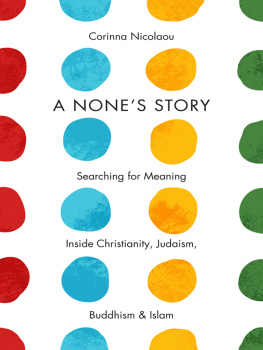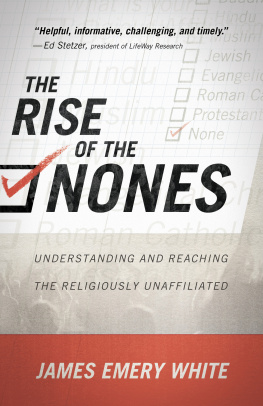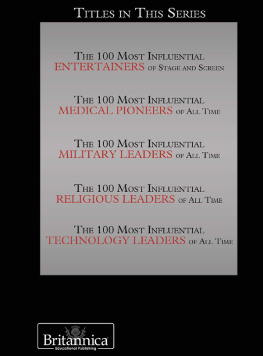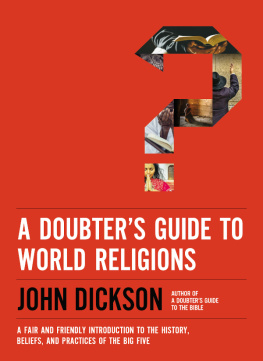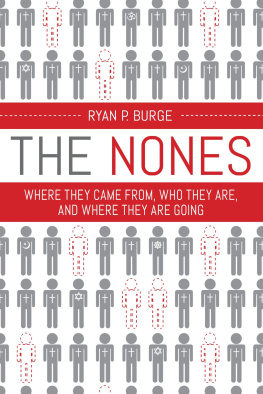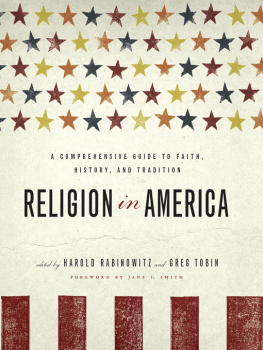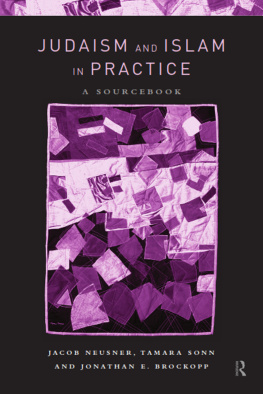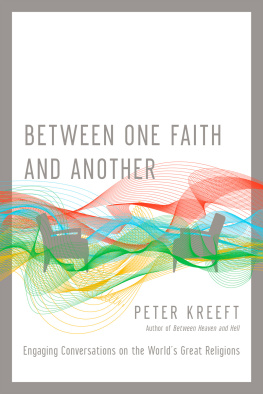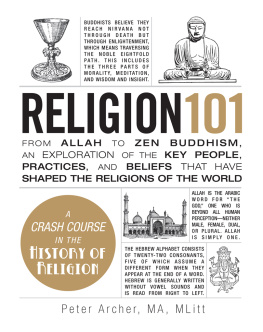A Nones Story
A Nones Story
Searching for Meaning Inside Christianity, Judaism, Buddhism, & Islam
CORINNA NICOLAOU
Columbia University Press
New York
This is a work of nonfiction. It depicts events faithfully rendered to the best of the authors ability. Some names and identifying characteristics have been changed to protect the privacy of others. In very few instances, a sequence of events has been modified for clarity and brevity.
The author is grateful to the Los Angeles Times, Salon, and Gawker, where some of the material in this book first appeared in a different form.
Columbia University Press
Publishers Since 1893
New York Chichester, West Sussex
cup.columbia.edu
Copyright 2016 Corinna Nicolaou
All rights reserved
Library of Congress Cataloging-in-Publication Data
E-ISBN 978-0-231-54125-1
Names: Nicolaou, Corinna, author.
Title: A Nones story : searching for meaning inside Christianity, Judaism, Buddhism, and Islam / Corinna Nicolaou.
Description: New York : Columbia University Press, 2016.
Identifiers: LCCN 2015032283| ISBN 9780231173940 (cloth : alk. paper) | ISBN 9780231541251 (e-book)
Subjects: LCSH: Nicolaou, Corinna. | Spiritual biography. | Christianity. | Judaism. | Buddhism. | Islam.
Classification: LCC BL73.N53 A3 2016 | DDC 200dc23
LC record available at http://lccn.loc.gov/2015032283
A Columbia University Press E-book.
CUP would be pleased to hear about your reading experience with this e-book at .
Cover & interior design by Martin N. Hinze
References to websites (URLs) were accurate at the time of writing. Neither the author nor Columbia University Press is responsible for URLs that may have expired or changed since the manuscript was prepared.
For my grandmothers, Irene Nicolaou and Betty Bentley, and their grandmothers
Also in memory of Joan Gruen, Marilyn Nicolaou, Barbara Boster, and Barbara Drabkinmoms we lost too soon
Contents
Im a None. When I say this out loud, people think Ive said Im a nun, as in a habited woman who lives in a convent, which I find both funny and a little ironic because Im actually sort of the opposite of that kind of nun. Im one of the Americans who on recent national surveys claim no religious affiliation, who answer none to the question about what religion they are (this is why pollsters call us Nones).
I have not had the opportunity to declare such an affiliation on an official document as I have yet to be randomly selected to participate in one of the few national surveys that measures religious attitudes. One such study is the American Religious Identification Survey, which has been conducted periodically since 1990, allowing for scientific monitoring of change over time. Because the U.S. Bureau of the Census is constitutionally prohibited from inquiring about religion, it relies on these results and has included them in the Statistical Abstract of the United States since 2003. If you are selected to participate in the study, a pollster will ask you a slew of questions by telephone. For example, on the religious screener portion of the form, you will be asked, What is your religion, if any? The list of possible responses is exhaustive and includes such options as Rastafarian, Wiccan, and Druid. Way down at the bottom (option number 95) is the one I would select: No religion / None. Apparently this answer has become one of the most popular in recent years.
The number of religious services I attended growing up could fit on the fingers of one hand with enough left over for a peace sign. I never officially learned about the Bible, I did not study religion, and I was not baptized. I did not marry my husband in a church. My parents didnt teach me anything biblicalsave, perhaps, for a secular version of the Golden Rule. I managed to go through life almost completely ignorant of the specifics of religion besides what I picked up on in popular culture or through schoolyard gossip. Until recently I hardly knew a Catholic from a Protestant, let alone the belief systems of other world religions. Schools are, after all, legally required to avoid most aspects of the subject.
Granted, not all Nones are so uninformed about religion. Some grew up attending church but distanced themselves from their faiths as adults. Others may still attend religious services but do not identify as members of any one religion. Then there are those, like me, whose lack of religion was inherited. Both of my parents were raised with a Christian affiliation but were Nones by the time I entered the picture.
I married a fellow None, though you could say we are a mixedfaith None couple: my broken affiliation is with Christianity, and my husbands is with Judaism. Phils parents were both raised attending synagogue; his father even participated in the Jewish coming-of-age ritual of the bar mitzvah. But both his mom and dad were leaning toward Noneness by the time Phil was bornthough, officially, his parents would have still identified as Jewish. Like a lot of None couples today, Phil and I feel a greater affinity with Noneness than our seemingly divergent religious backgrounds.
Phil and I dont have children, but if we did, in all likelihood we would raise them as Nones. Its not uncommon today to find third- and fourth-generation Noneskids whose understanding of religion may be more meager than my own. A None friend of mine told me not long ago that when her seven-year-old asked, What happens in church? she was stumped for a few seconds as she searched for an answer that seemed age-appropriate. Yes, what are they doing in there? Singing about love? Celebrating friendship? Practicing kindness? She offered a medley of honorable intentions, which seemed to satisfy her little Nonefor now.
According to the Pew Research Center, the ranks of the Nones have ballooned in recent years, making no religious affiliation the fastest-growing category among religious affiliations. Between 1972 and 1989, about 7 percent of Americans identified as having no formal religious affiliation. However, between 1990 and 2012, that figure jumped to 19.6 percent. Among people under age thirty, just over 30 percent say they have no religious affiliation. At the same time, the percentage of the U.S. population that identifies as Christian has experienced a steady decline, and other faiths have had modest growth at best.
One might assume that Nones are atheists, a categorization known for its denial of deity; for the most part, this is not the case. Growth in atheism has not kept pace with the rise in Nones. Less than 15 percent of the countrys 46 million unaffiliated adults go on to claim atheism as their viewpoint of choice, a number that has remained relatively stable over the last decade or so.
In fact, most Nones agree that churches and other religious institutions benefit society and that they personally feel religious or spiritual in some way. A special study by the Pew Research Centers Forum on Religion and Public Life, conducted with the PBS television program Religion and Ethics News Weekly in 2012, found that 68 percent of Nones say they believe in God. More than a third (37 percent) classify what they feel as spiritual, and over half (58 percent) say they often feel a deep connection with nature and the earth. Perhaps most surprising is the number of Nones who report communing with a higher power: 41 percent say they pray at least once a month, and half of this group says they pray every single day.
Robert Putnam and David Campbell, who discuss religious trends and attitudes in their book American Grace: How Religion Divides and Unites Us

